Myths about rape
Myths about rape are extremely harmful and can prevent victim-survivors from getting the help and support they need.
Everyone has ideas about what rape is – who does it to whom and why. Those who have been raped will be affected by whatever preconceptions they themselves have held about rape, as well as by the attitudes held by others they come into contact with.
If you have always thought of rape in terms of strangers in the street, and a friend or partner rapes you in your own home, it may be hard initially to even recognise what happened as rape.
Victim-survivors often blame themselves for causing the violence. Myths about rape reinforce this negative self-blaming, often by placing emphasis on what the victim-survivor was doing and how they were behaving, or by finding an excuse for the perpetrators actions.
The victim-survivor of rape and sexual violence is never responsible for the violent acts that have been perpetrated against them. The perpetrator is solely responsible for the violence. There are no excuses or exceptions.
One of the major myths about rape and sexual violence is that it is about sex. Rapists are motivated by power and control, they use a forced sexual act to achieve this. Rape is just a way of gaining power – not a way of gaining sexual relief.
The latest from our news and blogs

After isn’t After
A little while ago, we received a poem in our inbox. Its words thoughtfully captured a personal experience of sexual violence, and with the author’s permission, we’re sharing it here, knowing it may resonate with many of our followers and supporters.












